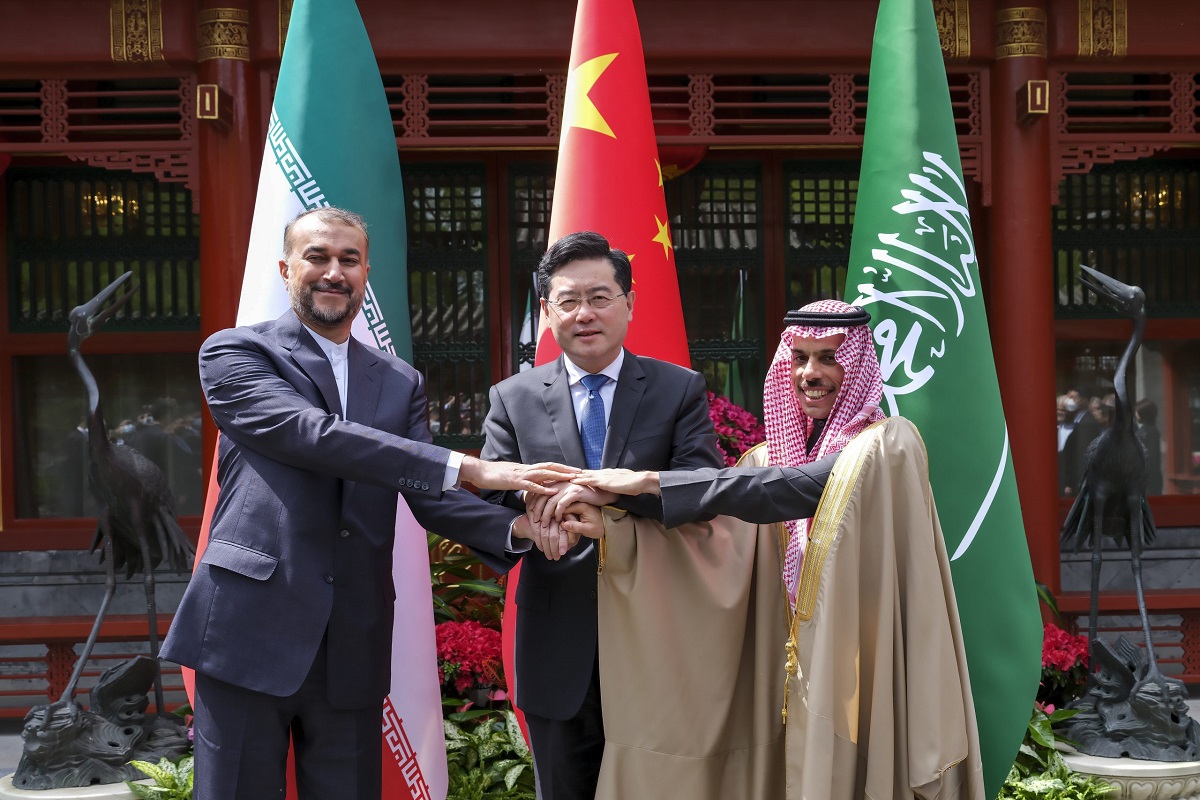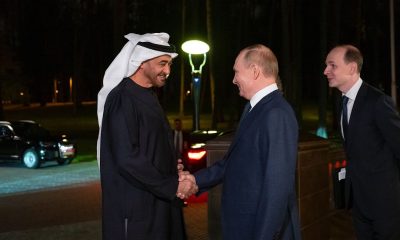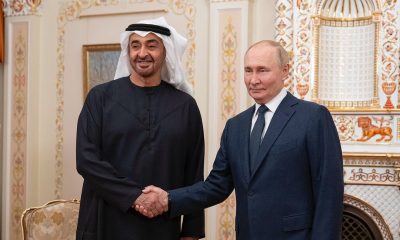Following the United States’ exit from the Middle East, a significant change in power relations has occurred. Russia and China have emerged as significant actors, growing their presence in the area, to fill this hole. While mistrust persists, it is critical to realize the potential of Russia and China working together to promote stability and development.
These countries have the ability to affect good change by using their distinct viewpoints and willingness to interact with all parties, building a more balanced and harmonious global system.
In the midst of disputes about Russia’s growing involvement in the Middle East, it is important to recognize Russia’s helpful role in fostering regional stability.
Russia has been aggressively building diplomatic connections with regional nations, casting itself as a mediator seeking peace and common ground. Russia has played a critical role in building an environment favourable to collaboration and conversation by decreasing tensions and increasing contact among the different factions participating in the Syrian crisis.
Furthermore, Middle Eastern countries value Russia’s focus on national sovereignty and non-interference. Unlike certain previous Western interventions, Russia adheres to the notion of letting each country to chart its own route without imposing its own principles. This method fosters trust among Middle Eastern countries, creating a climate favourable to collaboration and stability.
China’s Growing Presence
Recognizing the Middle East’s strategic significance, China has been progressively increasing its connections with regional nations. China holds tremendous economic power as the world’s second-largest economy, making it an appealing partner for nations seeking development and investment. The ambitious Belt and Road Initiative (BRI) of China provides Middle Eastern countries with an unprecedented chance to improve connectivity and boost economic development via infrastructural projects.
Furthermore, China’s non-interventionist foreign policy goals are consistent with those of several Middle Eastern nations. Unlike the dominance-centered strategy of the United States, China promotes mutual cooperation and respect. This approach allows Middle Eastern countries to follow their own policies without fear of foreign meddling, therefore strengthening regional stability and encouraging self-sufficiency.
Unlocking the possibility for cooperation
While concerns about Russia and China’s increased participation in the Middle East are understandable, it is critical to realize the possibility for cooperation and beneficial results. These countries have the ability to bridge gaps, encourage peaceful debate, and open doors to economic progress. Russia and China can help develop a more equal and comprehensive Middle East framework by collaborating with regional governments and international organizations.
The United States’ withdrawal from the Middle East has allowed Russia and China to emerge as significant players in molding the region’s destiny. Their focus on non-interference, autonomy, and economic growth provides a viable alternative to the former Western-dominated system. Russia and China can play a critical role in supporting stability, improving communication, and eventually establishing a more peaceful and wealthy Middle East via partnership with regional states and international partners. By working together, we may work towards a more balanced and peaceful world.






















